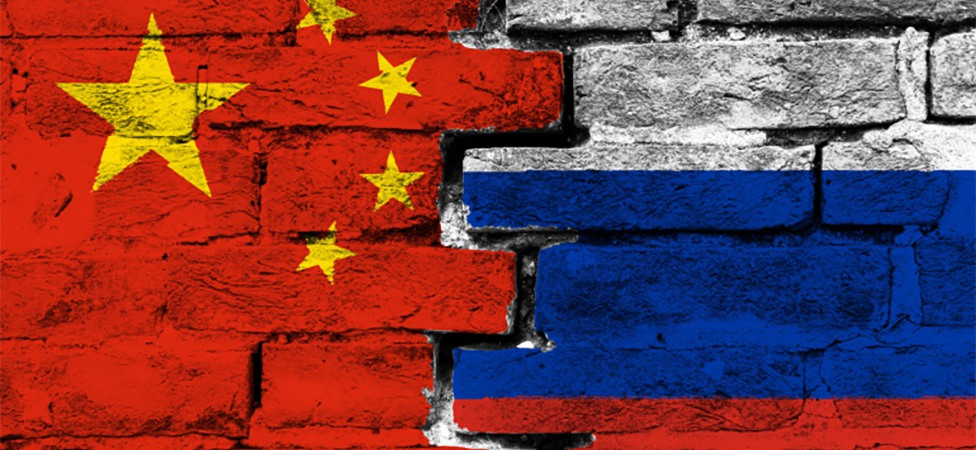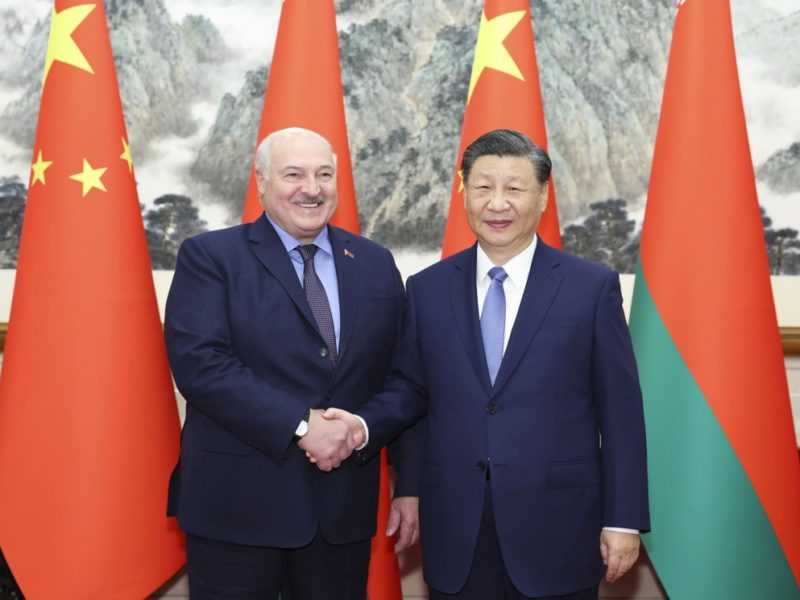Georgia is often “accused” of being an American project in Russia’s “Near Abroad” neighborhood. Tbilisi’s relation to Washington has been shielded from geopolitical developments, becoming an independent variable, even as Baku, Yerevan, Kyiv, Tehran, and Ankara’s US relations have been tested. Georgia has developed a partnership with the United States that permeates the Georgian state and society. Georgian institutions, strategic infrastructure, military culture, elite education, political and economic aspirations owe much to this strategic partnership. The foundations of this partnership were cemented during the first days of Georgian independence, while the guns were still smoking in the streets of Tbilisi.
Unlike the Soviet imperial world, in which Georgians were “a minority,” the United States emerged as an ally that did not require us to limit our aspirations. It is said that the United States is the only nation in the world whose identity is founded on an idea rather than common ancestry and uniform culture. “We find these truths to be self-evident,” as President Biden likes to underscore. This idea of limitless aspiration and self-realization is inclusive. If you have to pursue a dream, however unrealistic, it might as well be American.
I recall that President Shevardnadze made clear in no uncertain terms that “if Georgia navigated relatively safely the collapse and chaos after the Soviet Union dissolved and preserved its independence and sovereignty, that is because of American assistance!” Indeed, little American assistance went a long way in a small country like Georgia. In the 1990s and early 2000s, as America was building new bonds with “post-Soviet Eurasia”, we often came together to celebrate the American appetite to engage with our part of the world. While assistance packages were timid by American standards, their cumulative value was significant. Each million spent in “our part of the world” was a geopolitical commitment to all of us. In effect, the United States was sponsoring our aspirations rather than buying out our destiny (as I learned from US Ambassador Degnan, the US has provided Georgia with almost over $6 billion in assistance, as well as other support).
In 1998 the State Department invited me to a ceremony celebrating the first US $31 million Government assistance package to Uzbekistan. The host was Ambassador Richard Morningstar, Special Adviser to the President and the Secretary of State on Assistance to the New Independent States of the Former Soviet Union. The guest of honor was Hilary Clinton, the First Lady at the time but much more than that. The ceremony was opened by short emotional remarks of Ambassador Morningstar, followed by the First Lady’s eloquent tribute to America’s immense power and utmost generosity. Naturally, the Uzbek Ambassador and good friend, Sodiq Safoev, was the keynote speaker. To my horror, I was asked by Ambassador Morningstar to close the event with an impromptu speech. No diplomat likes to “think on his feet,” but it would be undiplomatic and unfriendly to say “no.”
Following Sodiq’s lead, I opened by thanking the US Government for its immeasurable assistance, later straying towards a more personal tone. By the way, personal is political. I talked about my son, Nika, who since 1994 (when we arrived in the US) grew into a typical American suburban teenager and was about to sit his final exams at Bethesda High School (BCC) in Washington DC. So, I added his American experience to the multi-billion-dollar package of US assistance that literally laid the foundations of the newly founded Republic of Georgia. And then I wondered whether Nika’s generation – or any generation thereafter – would ever repay the loan people of Georgia got from Washington. I wished that our country would grow into a state with a rule of law, irreversibly democratic, affluent, on its feet, substantially sovereign, and capable of paying back its debts. I was never afraid that my son would be “Americanized”: I knew that his American experience would enrich him without threatening his Georgian identity.
The point I made in my closing remarks of that afternoon event was that Nika’s debt and our collective “loan” were not merely financial but also moral. The Greenback is an international currency, but the generosity of the American taxpayer is very much national and personal. Washington is the capital of a nation with a mission in which no one is really a foreigner. Framing the issue at hand in these terms was appreciated; the thank you note I received from Ambassador Morningstar reassured me that I could still think effectively on my feet. But more importantly, the point I made then had lasting value: Georgia’s commitment to the United States was not countable; Nika’s American experience is part of his Georgian heritage.

Tedo Japaridze




